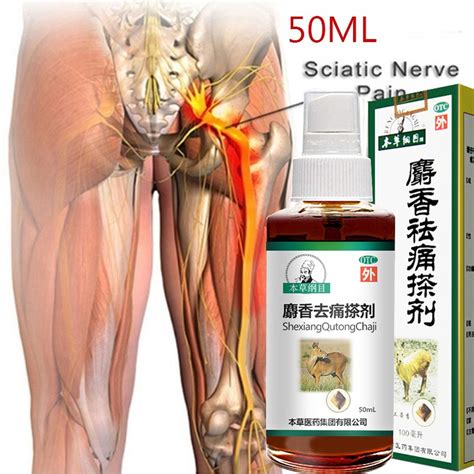Rheumatoid arthritis (RA) is a chronic inflammatory disorder that primarily affects joints but may also impact other tissues and organs. The treatment of RA typically involves a range of medications designed to manage symptoms and slow the progression of the disease. Here’s an overview of the main types of RA medications:
Disease-Modifying Anti-Rheumatic Drugs (DMARDs): These drugs are a cornerstone in RA treatment, aiming to slow down the disease’s progression.
Biologic Response Modifiers: A subtype of DMARDs, these biologic agents target specific parts of the immune system that fuel inflammation.
Glucocorticoids: Also known as steroids, these are used for rapid relief of inflammation.
Nonsteroidal Anti-Inflammatory Drugs (NSAIDs): NSAIDs, including ibuprofen (Advil, Motrin IB) and naproxen sodium (Aleve), help relieve pain and reduce inflammation.
Laboratory Tests: Doctors use various tests to diagnose RA and monitor its treatment.
Treatment strategies for RA may also involve lifestyle modifications, physical therapy, and in some cases, surgery. However, there’s currently no cure for rheumatoid arthritis. The goal of treatment is to manage symptoms and improve quality of life.
For more detailed information, visit the following resources:
WebMD’s Rheumatoid Arthritis Drug Guide
Mayo Clinic’s RA Diagnosis and Treatment
List of Rheumatoid Arthritis Medications at Drugs.com
Healthline’s Overview of RA Medications

In conclusion, while managing RA can be challenging, a combination of medications and other treatments can help maintain joint function, control pain and inflammation, and prevent joint damage. It’s essential to work closely with your healthcare provider to determine the best treatment plan for your specific needs.


